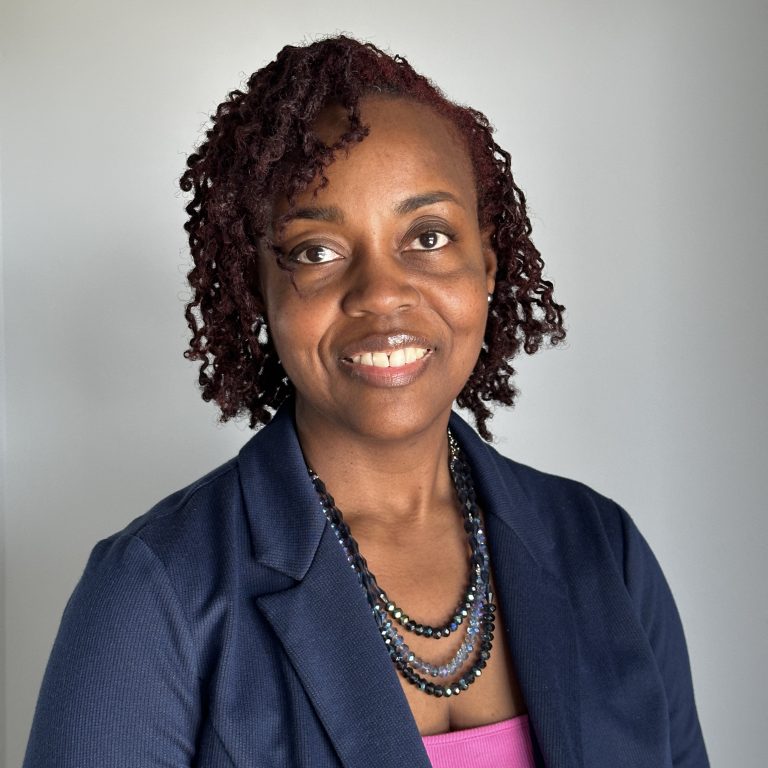
DR. LATRICE MARTIN
Latrice Martin is a Board-Certified Nurse Midwife, Family Nurse Practitioner, and Psychiatric Mental Health Nurse Practitioner. She began her career in health care when she joined the U.S. Air Force in 1998 as a surgical technician. Latrice received her Associate’s and Bachelor of Nursing degrees from the College of Saint Mary in Omaha, NE, in 2006.
Latrice attended Frontier Nursing University (FNU), where she received her Master of Nursing Degree in the Midwifery program in 2009, her post-graduate degree in the Family Nurse Practitioner program in 2017, and her Doctor of Nursing Practice degree in 2018, and post-graduate degree in the Psychiatric Mental Health Nurse Practitioner program in 2022.
Her passion is preventative health, reproductive life planning, the mother-baby dyad, breastfeeding, mental wellness, and putting a stop to domestic violence. Latrice has been married for 20+ years and has 3 wonderful children.
Journey2Wellness
Journey2Wellness began in 2022 as a mental health clinic primarily focused on treating mental illness. In September 2024, we expanded into a larger clinic space to provide more comprehensive, whole-person care, focusing on optimizing both psychological and physical health.
We offer personalized services, including annual wellness exams, family planning/contraceptive counseling, lab work, vitamin/nutritional supplementation and counseling, and medications as needed. We address underlying issues such as nutritional deficiencies and hormonal imbalances that can affect your well-being.
We aim to help you feel better and increase your motivation to make healthier choices, empowering you to live a more fulfilling life with improved energy and vitality.
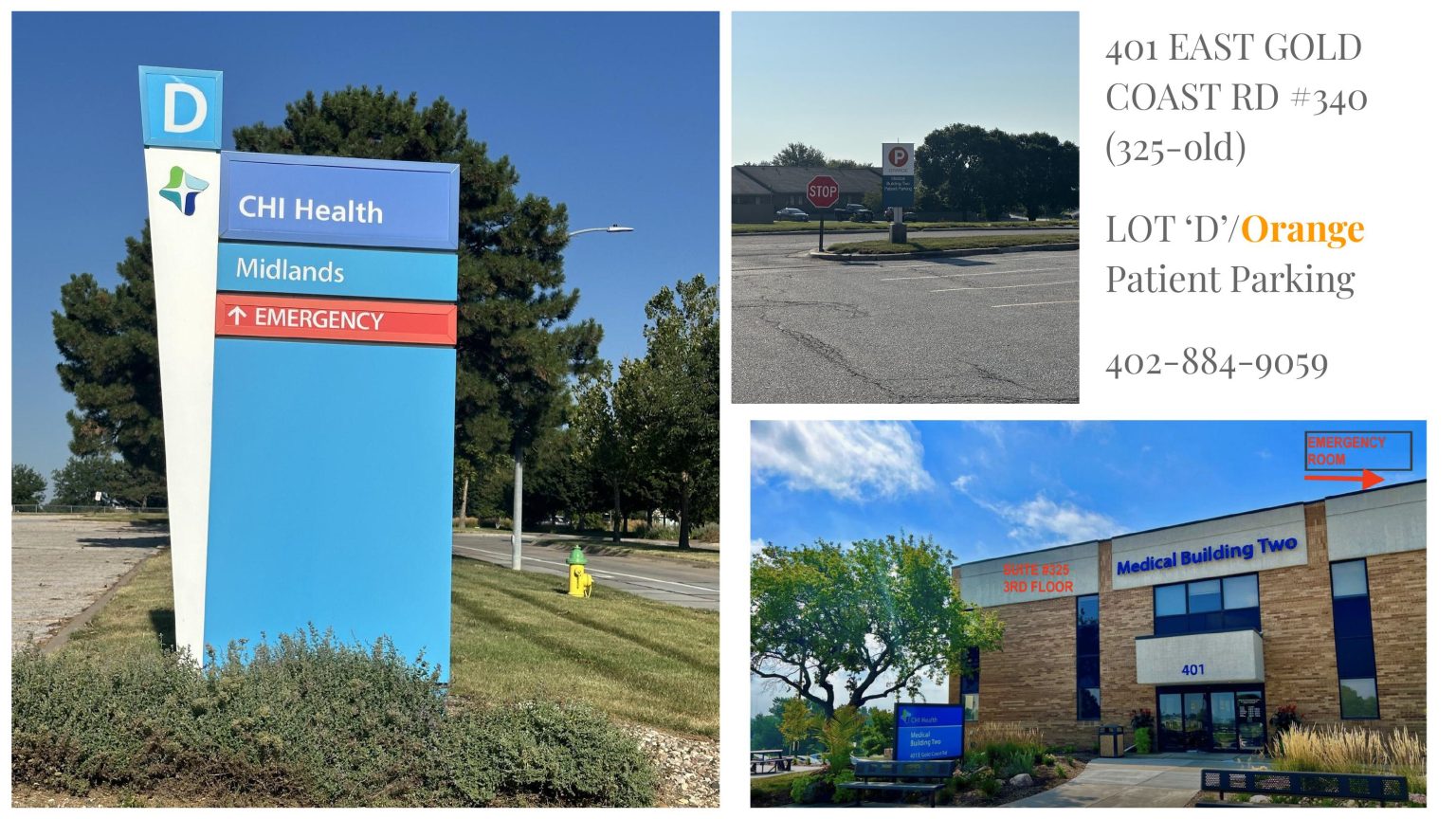
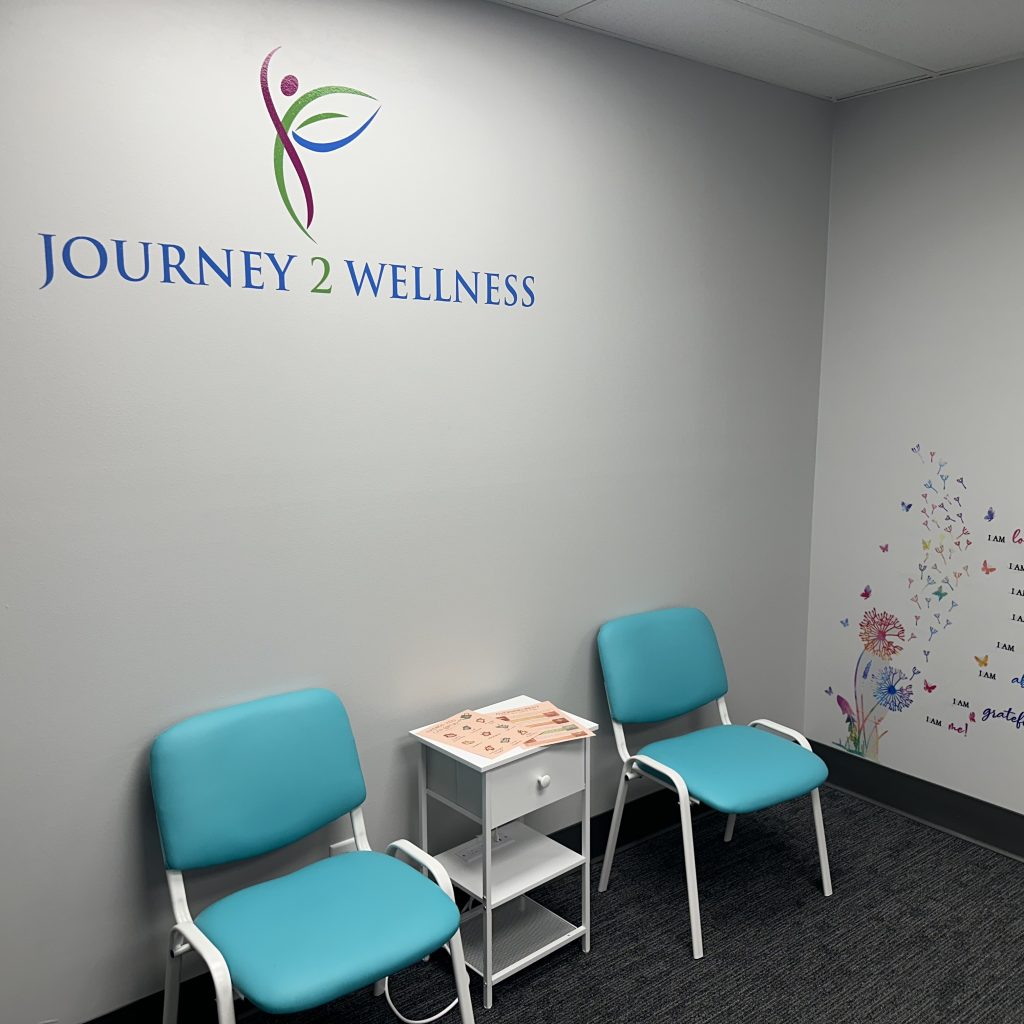
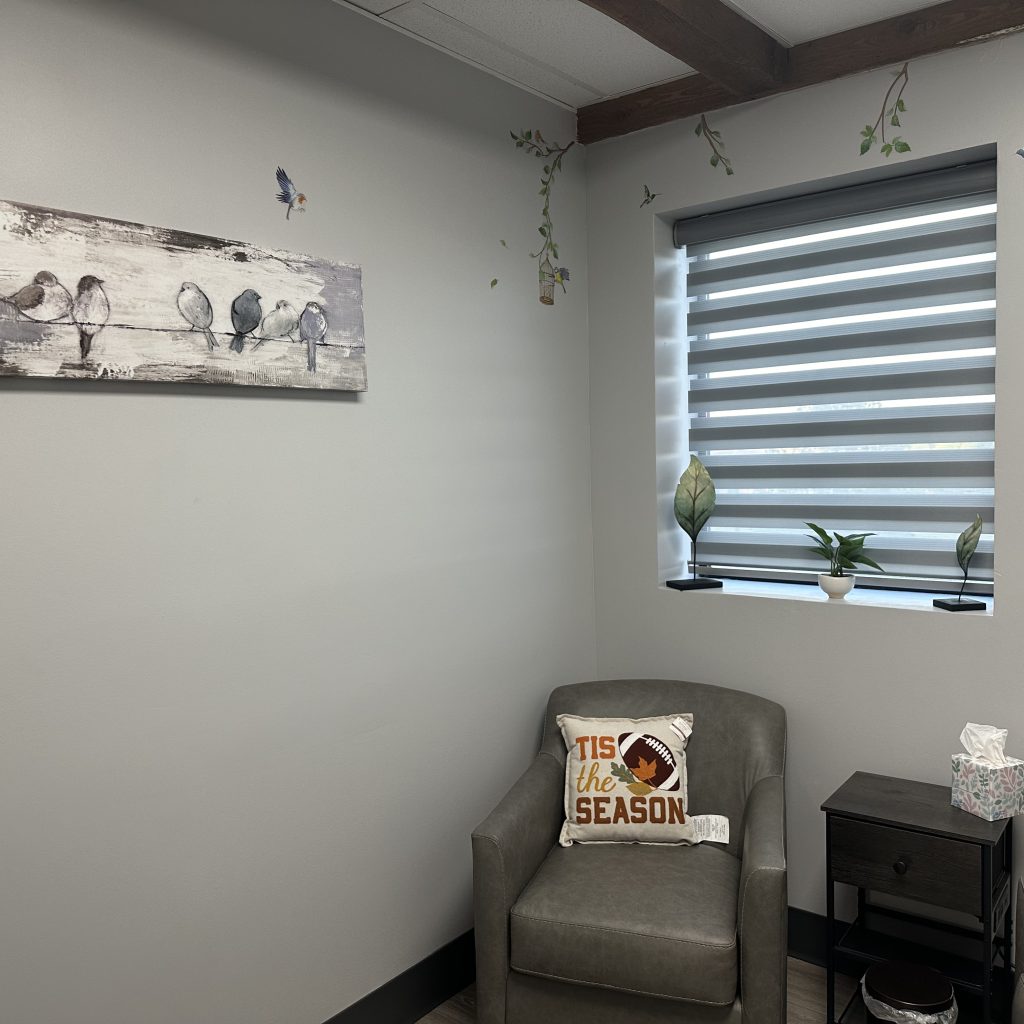
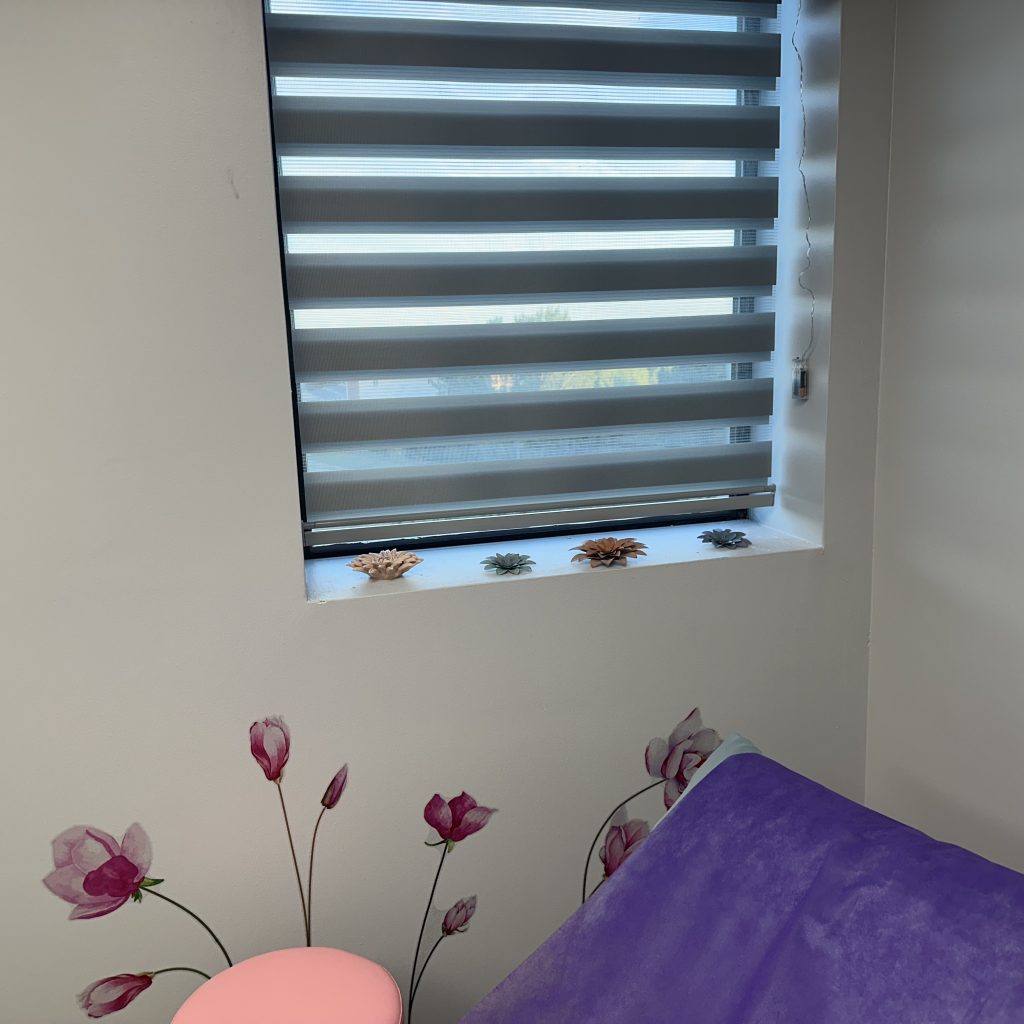
What is a nurse practitioner?
A nurse practitioner (NP) is a registered nurse with advanced graduate education and training. NPs can assess, diagnose, and prescribe treatment for various illnesses. NPs are required to have obtained at least a master’s degree in nursing in a chosen specialty and pass a national certifying examination. According to the American Academy of Nurse Practitioners, there are over 355,000 NPs across the country, and Americans make over 1.06 billion visits to nurse practitioners every year.
What does a Psychiatric Mental Health Nurse Practitioner (PMHNP) do?
PMHNPs serve the psychiatric-mental health population. We assess, diagnose, and treat individuals and families with psychiatric disorders or the potential for such disorders using our full scope of therapeutic skills, including prescribing medication and administering psychotherapy.
What does a Family Nurse Practitioner (FNP) do?
An FNP is an advanced practice registered nurse (APRN) who provides a wide range of family-focused healthcare services to patients of all ages, including infants, adolescents, adults, and seniors. FNPs maintain patient records, perform physical exams, order or perform diagnostic tests, prescribe medications, develop treatment plans, and treat acute and chronic illnesses, conditions, and injuries that fall under primary care (aanp.org).
What does a Certified Nurse Midwife (CNM) do?
A Certified Nurse-Midwife (CNM) is a primary healthcare provider for women of all ages. CNMs focus on gynecologic and family planning services and preconception, pregnancy, childbirth, postpartum and newborn care. They also provide primary care, such as conducting annual exams, writing prescriptions, and offering basic nutrition counseling (fronter.edu).
What is the difference between a nurse practitioner and a physician?
While physicians are trained through graduate medical school and a residency in their specialty, nurse practitioners have similar but uniquely different training and experience. All nurse practitioners have completed registered nursing (RN) school, a rigorous process that can range from 18 months to 3 years. Most then practice as a nurse before beginning graduate school. A master’s degree in nursing can take two to three years and includes highly specialized didactic training and extensive clinical practicum hours. In short, physicians provide excellent medical/surgical service and are experts in complex cases. Nurse practitioners pride themselves on caring for the bio-psycho-social aspects of a person – in other words, total wellness and recovery.
Doesn’t a physician need to supervise a nurse practitioner?
Nurse practitioners have come a long way in establishing their roles as providers of medical care. For many years, nurse practitioners were not allowed to see patients without a physician closely supervising them. They often could not prescribe medications or were highly limited on what medications they could prescribe. Now, at least 25 states, D.C., and two U.S. territories have allowed for nurse practitioners to practice independently, without direct supervision of a physician (full practice authority). In Nebraska, all nurse practitioners (except Certified Nurse Midwives) can practice independently of a physician.
Works Well Together
A symbiotic relationship between a physician and a nurse practitioner (NP) is one of interdisciplinary collaboration, where each clinician’s expertise and experience can be combined to improve patient care. This type of collaboration can lead to better patient outcomes and benefit the healthcare team as a whole.
